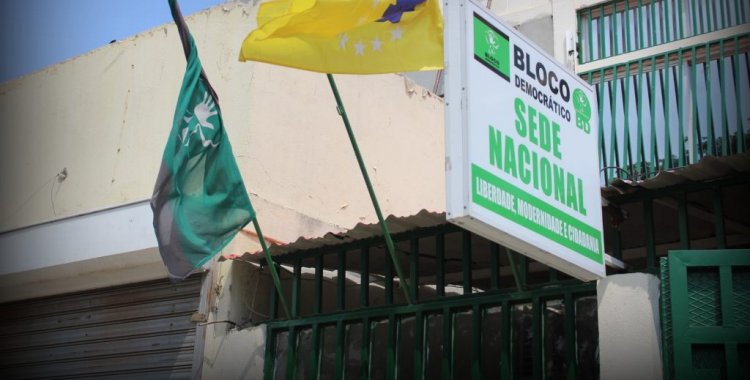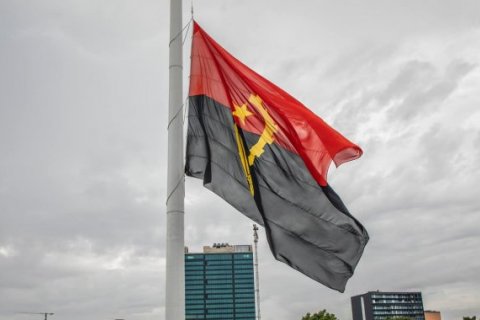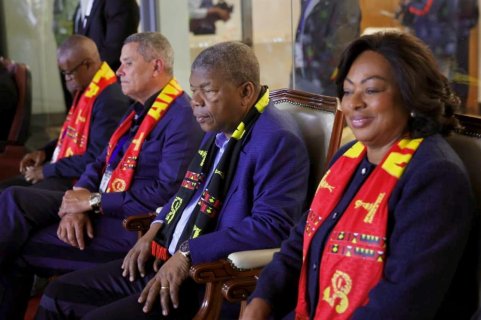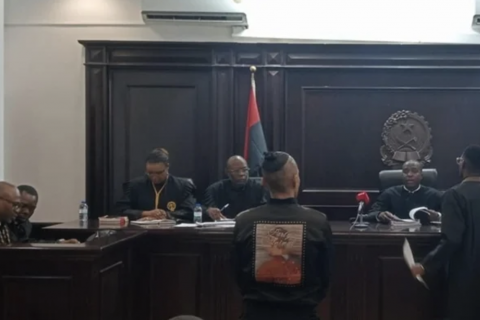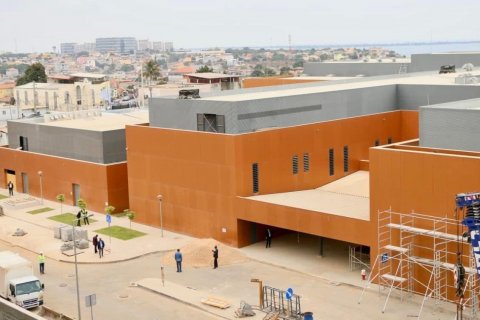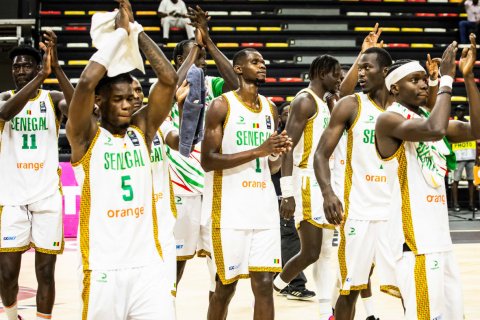The Democratic Block is the second party organization to show solidarity with the march called by civil society against rising fuel prices, after the youth arm of UNITA (National Union for the Total Independence of Angola), JURA, announced also this intention.
The party stresses that in recent months, "Angola has accumulated a series of attacks against the people, setbacks to the installation of democracy" and speaks of violations of workers' rights and freedom of expression and demonstration.
On the other hand, he underlines that civil society's claims against rising fuel prices, the end of street vending and the proposed laws that seek to limit rights "are fair" and "aim to prevent the deepening of poverty and the curtailment of liberties".
For the party, if the State does not fulfill its responsibilities, "the people react peacefully, with independence, showing their indignation".
The BD also condemned the "violent repression against the people", within the scope of the protests, which it claims to have caused, at the beginning of the month, the death of nine people (the Angolan authorities admitted only the death of five people in Huambo) and repudiated the maneuvers of the Popular Movement for the Liberation of Angola (MPLA), which seeks to maintain "unconstitutional political privileges and control".
In a statement released on its social networks, the BD also appeals to the police, armed forces and provincial governments to remain within the "constitutional framework and not achieve violent actions" and urge the international community to advise the President, João Lourenço, "to not to maintain the belligerent provocation against the Angolan people".
The Democratic Block, led by Filomeno Vieira Lopes, ran in last year's general elections as part of the United Patriotic Front, a coalition that also brings together UNITA, by Adalberto da Costa Júnior, and the political project PRA-JA, by Abel Chivukuvuku.

